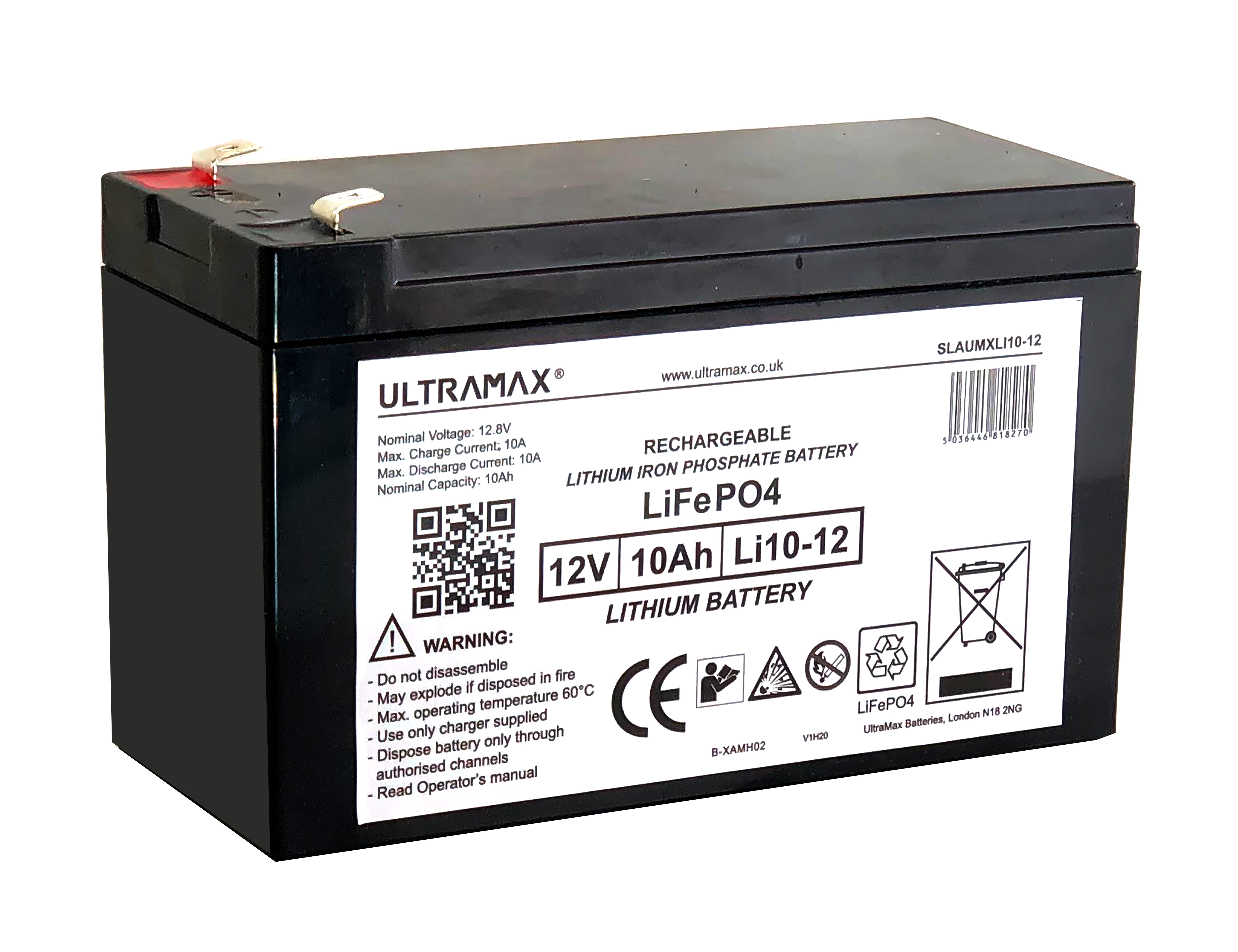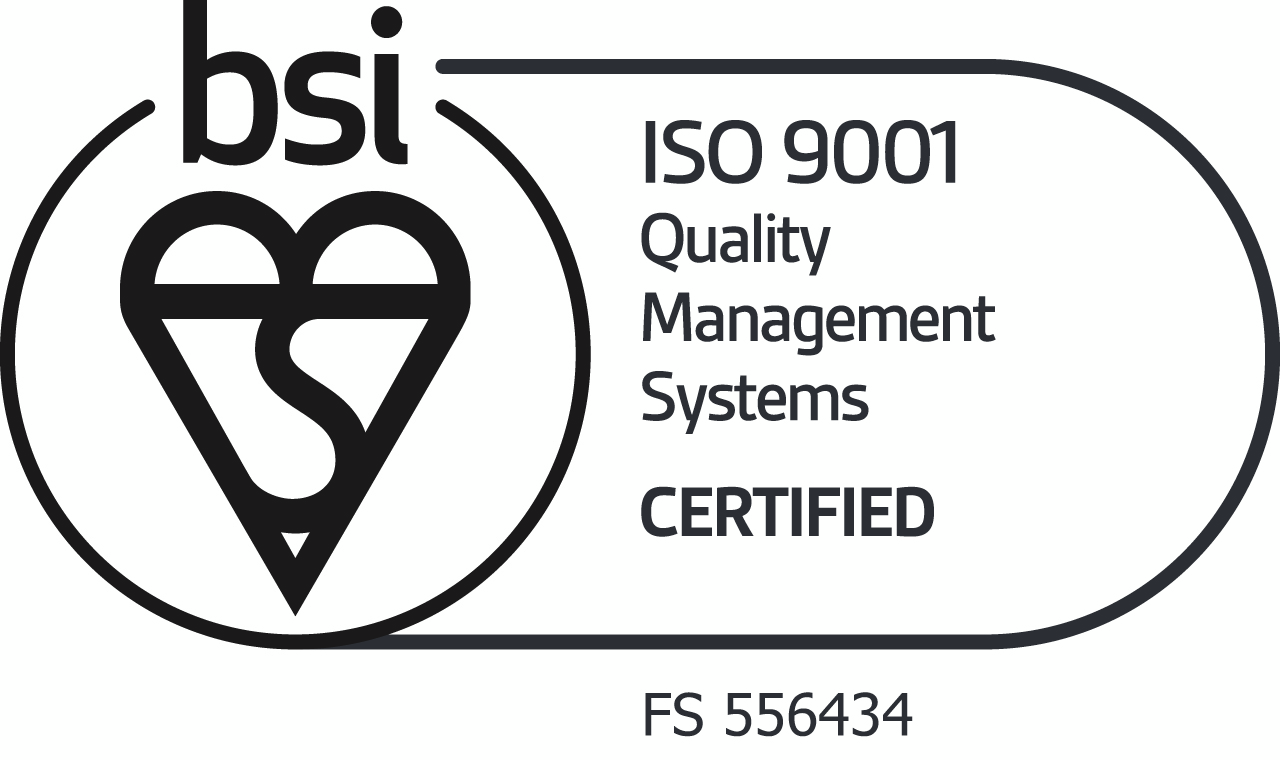Are LiFePO4 Batteries Safe? A Comprehensive Safety Guide

Are LiFePO4 Batteries Safe? A Comprehensive Safety Guide
Lithium iron phosphate (LiFePO4) batteries have become increasingly popular due to their numerous advantages, but many people still wonder, "Are LiFePO4 batteries safe?" In this article, we will delve into the safety aspects of LiFePO4 batteries and address any concerns you may have. LiFePO4 batteries are known for their exceptional stability, making them a safer alternative to other types of lithium batteries. Unlike their counterparts, LiFePO4 batteries are less prone to overheating, which reduces the risk of thermal runaway and potential fire hazards. Additionally, LiFePO4 batteries have a higher thermal stability, allowing them to withstand extreme temperatures without compromising performance or safety. Furthermore, LiFePO4 batteries are inherently non-toxic and environmentally friendly. Their composition contains no harmful heavy metals, such as cobalt or nickel, making them a more sustainable choice. This aspect is particularly important as we strive to reduce our carbon footprint and transition to cleaner energy sources. So, to answer the question, LiFePO4 batteries are indeed safe. Their stable chemistry and environmentally friendly composition make them a reliable and secure power storage solution for various applications, including electric vehicles, renewable energy systems, and portable electronics. In conclusion, if safety is a top priority for you, LiFePO4 batteries are a smart and secure choice. Let's explore the benefits and drawbacks in more detail, helping you make an informed decision. Read on to learn everything you need to know about LiFePO4 batteries.
Understanding the Safety of LiFePO4 Batteries
LiFePO4 batteries stand out in the world of energy storage due to their unique chemical composition and inherent safety features. Unlike other lithium-based batteries, LiFePO4 batteries use a phosphate-based cathode material that provides several critical safety advantages:
- Exceptional thermal stability
- Lower risk of thermal runaway
- Reduced likelihood of fire or explosion
- More stable chemical structure
- Better performance under extreme conditions
Comparison with Other Battery Chemistries
Let's compare LiFePO4 batteries with other common battery types:
Lithium Cobalt Oxide (LiCoO2)
- Higher energy density
- More prone to thermal runaway
- Greater fire risk
- Less stable at high temperatures
Lithium Manganese Oxide (LiMn2O4)
- Moderate energy density
- Better thermal stability than LiCoO2
- Still less safe than LiFePO4
- Higher self-discharge rate
LiFePO4 Batteries
- Lower energy density
- Exceptional thermal stability
- Minimal fire risk
- Consistent performance across temperature ranges
- Longer lifecycle
- Environmentally friendly composition
Advantages of LiFePO4 Batteries in Terms of Safety
- Chemical Stability: The phosphate-based chemistry provides inherent safety benefits.
- Temperature Resistance: Can operate safely in wider temperature ranges.
- Non-Toxic Composition: No harmful heavy metals.
- Reduced Thermal Runaway Risk: Less likely to overheat or catch fire.
- Predictable Performance: Consistent voltage and capacity throughout discharge cycle.
Safety Features and Mechanisms in LiFePO4 Batteries
Structural Safety Mechanisms
- Strong chemical bonds in phosphate structure
- Resistance to structural collapse during charging/discharging
- Minimal electrolyte decomposition
- Self-limiting charge characteristics
Protective Design Elements
- Built-in battery management systems (BMS)
- Thermal sensors
- Overcharge protection
- Short-circuit prevention
- Voltage regulation
Common Misconceptions About LiFePO4 Battery Safety
Myth: LiFePO4 Batteries Are Not Powerful
Reality: They offer superior safety and longevity while having slightly lower energy density.
Myth: All Lithium Batteries Are Equally Dangerous
Reality: LiFePO4 batteries have significantly lower safety risks than other lithium chemistries.
Myth: LiFePO4 Batteries Require Extensive Maintenance
Reality: These batteries are low-maintenance and have built-in safety features.
Safety Precautions When Using LiFePO4 Batteries
- Use manufacturer-recommended chargers
- Avoid physical damage
- Store in cool, dry environments
- Monitor battery temperature
- Use compatible battery management systems
- Follow proper charging and discharging protocols
- Inspect batteries regularly for signs of wear
Case Studies on LiFePO4 Battery Safety
Electric Vehicle Applications
- Proven track record in electric buses
- Consistent performance in extreme temperatures
- Reduced risk of battery-related incidents
Renewable Energy Storage
- Successfully implemented in solar and wind energy systems
- Long-term reliability
- Minimal degradation over time
Regulatory Standards and Certifications for LiFePO4 Batteries
Look for batteries that meet international safety standards:
- UN 38.3 Transportation Safety Certification
- IEC 62133 Safety Standard
- UL 1973 Standard for Batteries
- CE Certification
- RoHS Compliance
Conclusion: The Safety of LiFePO4 Batteries in Various Applications
LiFePO4 batteries represent a significant advancement in battery technology, offering an unprecedented combination of safety, performance, and sustainability. Their unique chemical composition, robust design, and built-in safety mechanisms make them an ideal choice for applications where safety is paramount.
Whether you're considering batteries for electric vehicles, renewable energy storage, marine applications, or portable electronics, LiFePO4 batteries provide a reliable, safe, and environmentally friendly solution.
Key Takeaway: LiFePO4 batteries are not just safe—they're one of the safest battery technologies available today.
Explore our range of UltraMax LiFePO4 Batteries!








